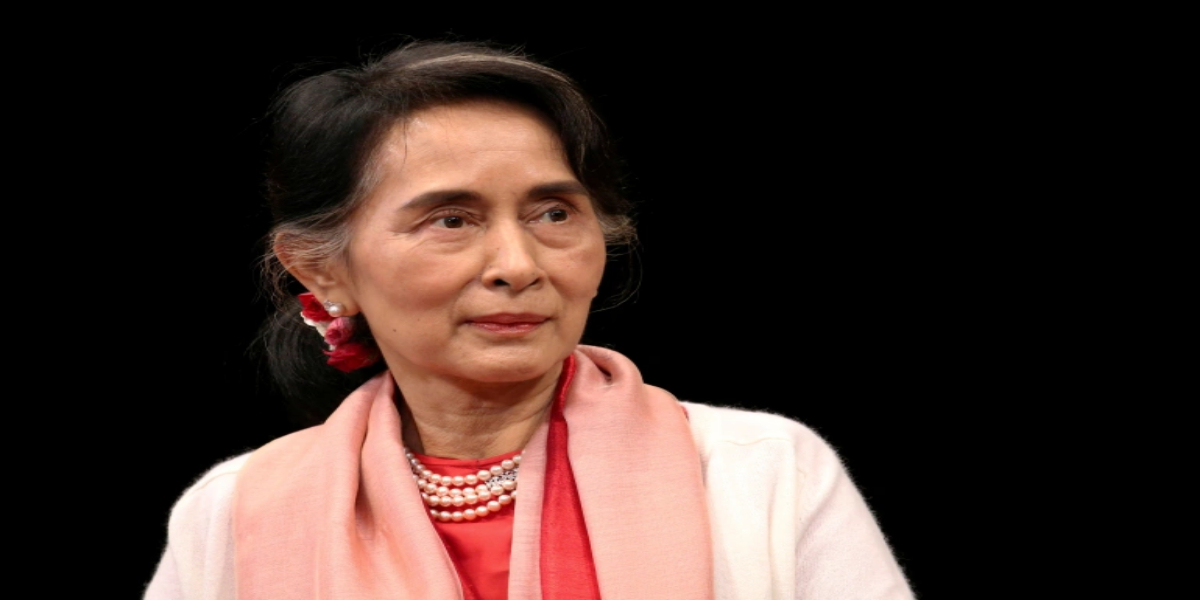The former Myanmar leader, Aung San Suu Kyi, was convicted of corruption by a court in the military-run country, the latest in a series of secret trials. Ms.
Suu Kyi has been under house arrest since a military coup deposed her elected government in February 2021.
The 76-year-old Nobel Laureate faces a slew of charges, including voter fraud.
She rejects all of the allegations, and human rights organisations have slammed the judicial proceedings as a farce.
The public and media have been barred from the closed-door proceedings in the capital, Nay Pyi Taw, and Ms. Suu Kyi’s attorneys have been prevented from speaking to journalists.
A junta court convicted her on Wednesday of accepting a bribe of $600,000 (£477,000) in cash and gold bars from the previous chief of Yangon, Myanmar’s largest city and region.
She was given a five-year term. Lawyers informed the BBC that they have yet to meet with her.
Because she was previously convicted of additional crimes, her total jail term now stands at 11 years.
Ms. Suu Kyi still faces ten further corruption allegations, each of which carries a possible sentence of 15 years in prison, as well as counts of electoral fraud and breaching the official secrets act.
Her supporters claim the allegations were made up by the military administration to ensure Ms. Suu Kyi, who is still revered in Myanmar as a symbol of democracy, is imprisoned for the rest of her life.
According to some estimates, if convicted of all of the charges, she may face a cumulative prison sentence of more than 190 years.
The court processes have been branded a farce by civil rights and democratic organisations, as well as the United Nations. It has been dubbed a “courtroom circus of secret proceedings on bogus charges” by Human Rights Watch.
Such charges have been denied by Myanmar’s military leadership, which claims that Ms. Suu Kyi has been subjected to fair trials and proper legal procedure thus far.
Last February, the military violently seized control of Myanmar, also known as Burma, months after Ms. Suu Kyi’s National League for Democracy (NLD) won general elections by a landslide.
The military claimed that voting fraud played a role in the triumph, while impartial election observers declared that the elections were mainly free and fair.
Following the coup, large protests erupted, causing Myanmar’s military to crack down on pro-democracy protestors, activists, and media.Ms
Suu Kyi, as well as many members of her party, are among the almost 10,000 individuals detained by the junta since it took control.
[embedpost slug= “anti-coup-fighters-threaten-chinese-mines-in-myanmar/”]

















